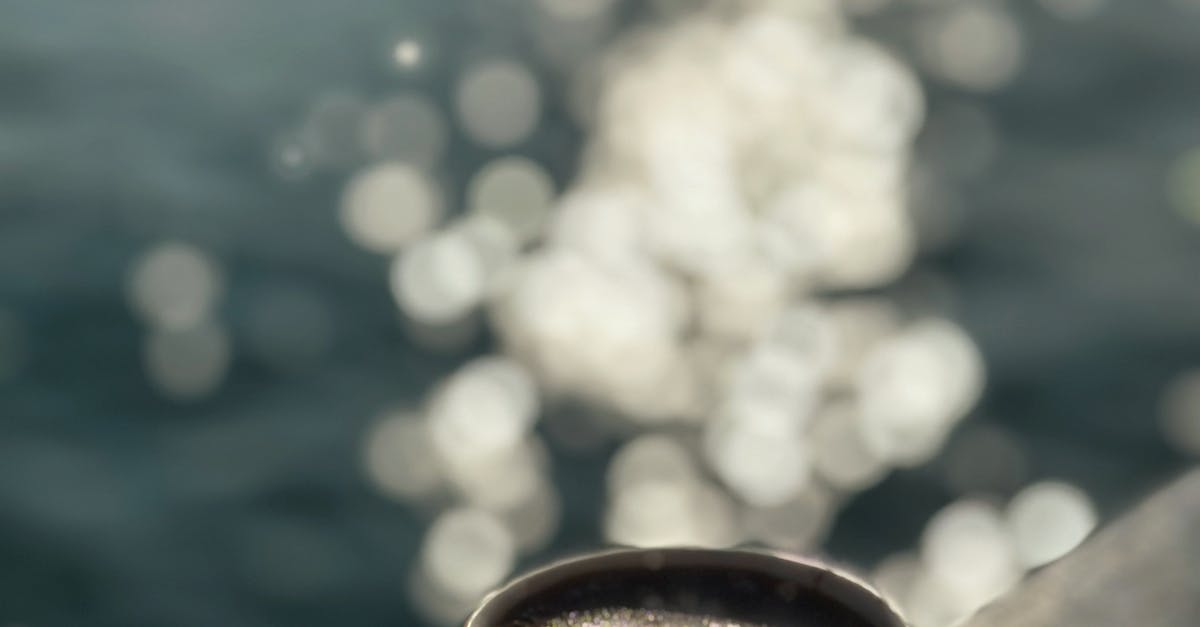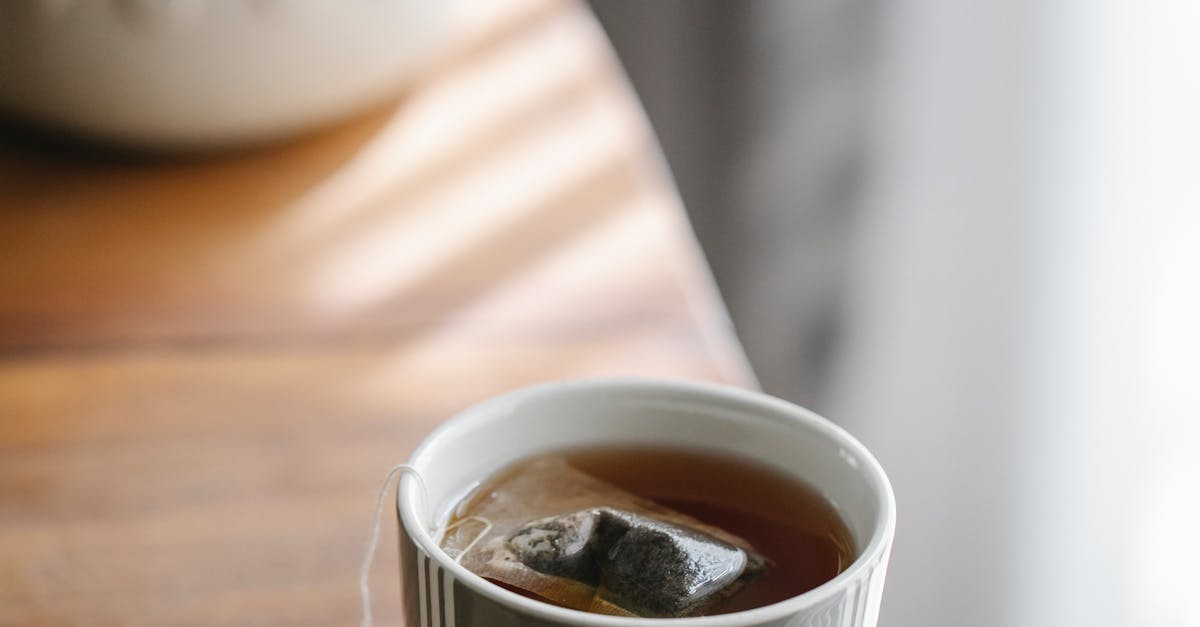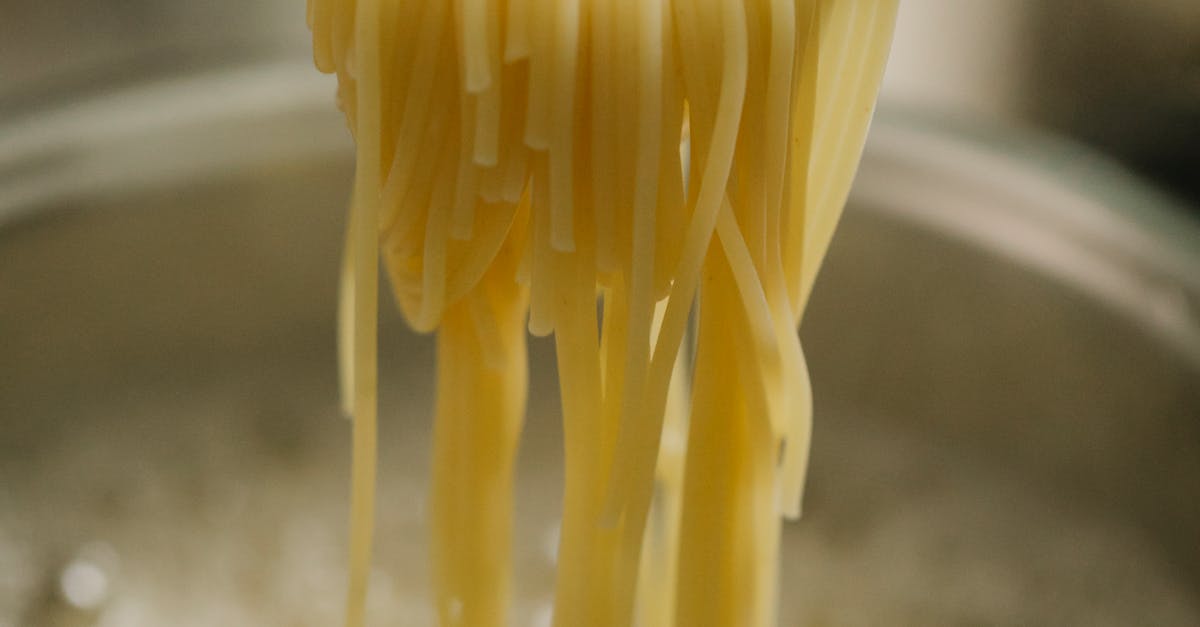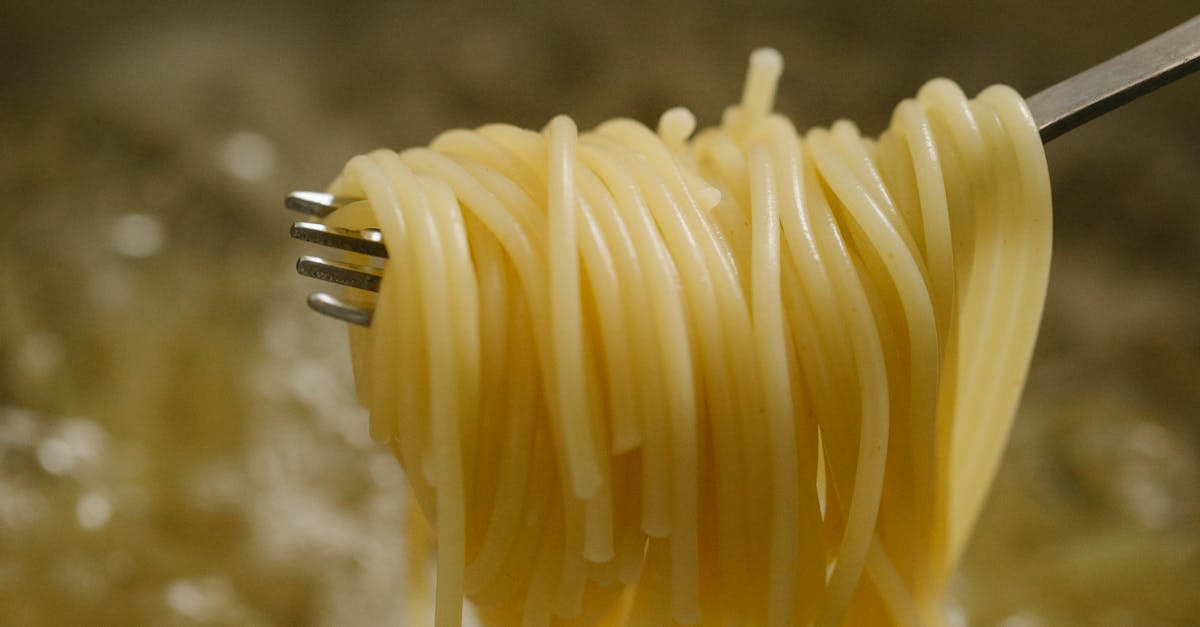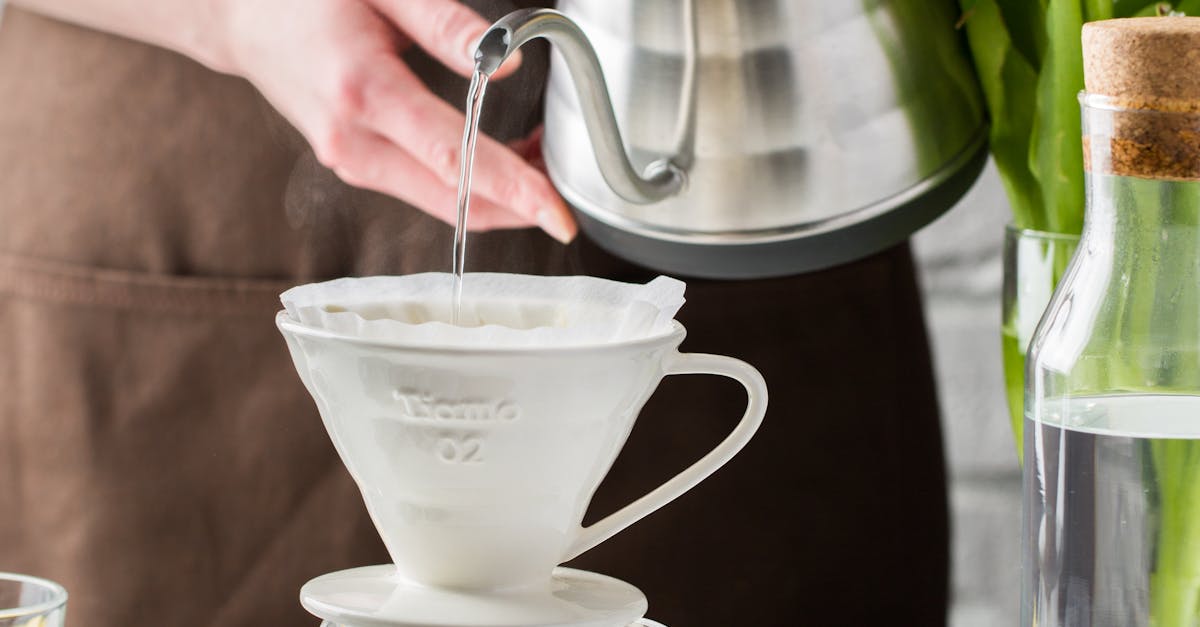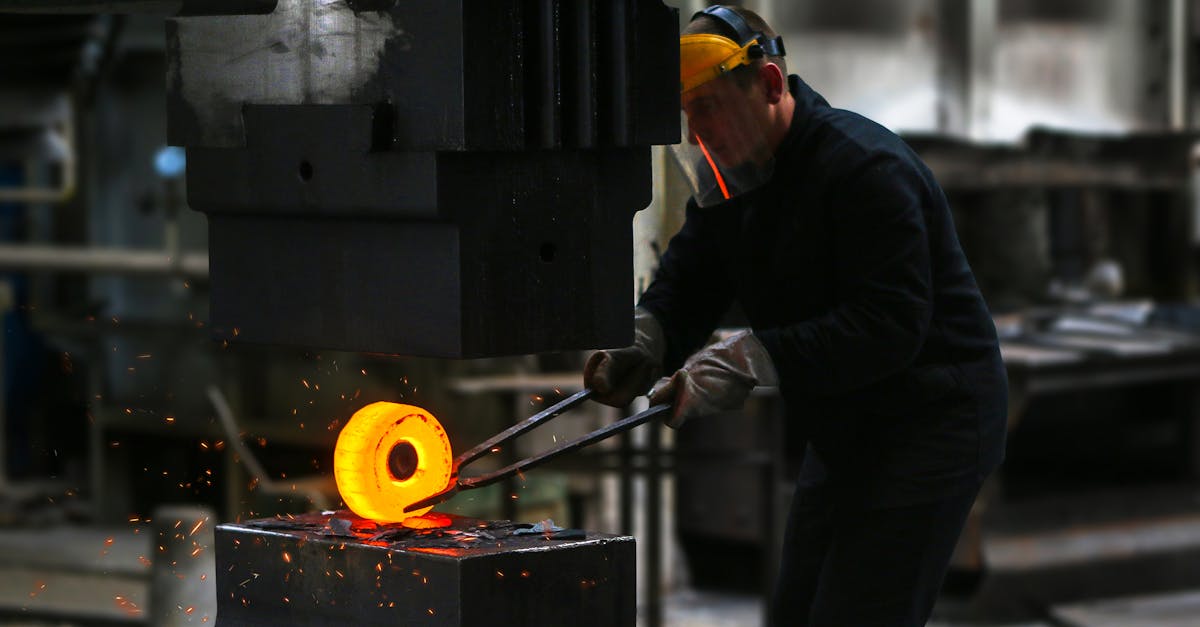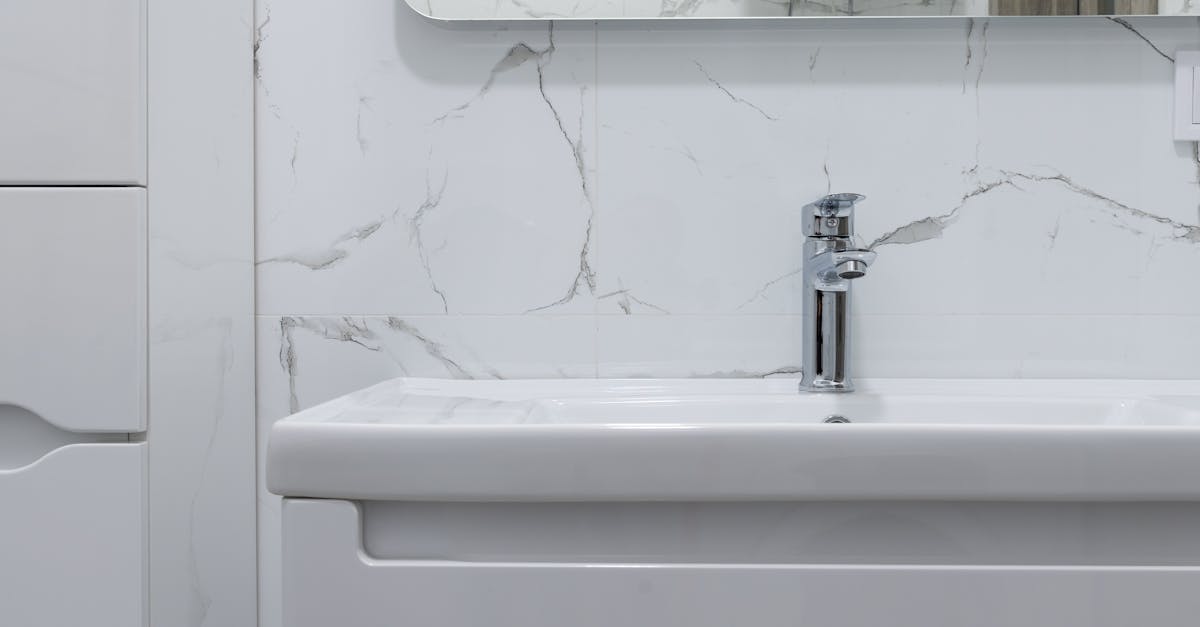
Table Of Contents
Environmental Impact
Drain cleaning products vary significantly in their environmental impact. Drano, a chemical drain cleaner, often contains harsh substances like sodium hydroxide and bleach. These ingredients can be harmful to aquatic life and contribute to water pollution if they are not disposed of properly. Over time, the cumulative effect of these chemicals can lead to long-term damage in local ecosystems.
On the other hand, using baking soda and vinegar for drain cleaning presents a more eco-friendly alternative. Both components are biodegradable and do not pose a threat to the environment when used properly. They create a natural reaction that can effectively break down clogs while being safe for plumbing systems and surrounding ecosystems. Choosing this method not only promotes a healthier environment but also aligns with a growing preference for sustainable household practices.
Assessing the EcoFriendliness of Each Option
When it comes to drain cleaning, the environmental impact of different products is a crucial factor. Drano, while effective at unclogging pipes, contains harsh chemicals that can be detrimental to waterways and aquatic life. These substances may contribute to pollution, particularly when they wash down the drain. In contrast, baking soda and vinegar present a more eco-friendly alternative. These natural ingredients break down easily and pose little risk to the environment, making them a safer choice for those concerned about their ecological footprint.
The effectiveness of each option also reflects their environmental ethos. While baking soda and vinegar may take longer to work and require some manual effort, they do not introduce toxic substances into your plumbing system. Moreover, they can help maintain healthy drains without the need for repeated chemical applications. This sustainable approach aligns with a growing awareness of the importance of reducing chemical usage in everyday tasks like drain cleaning, fostering a more responsible mindset towards household maintenance.
Cost Comparison
When considering cost, both Drano and a baking soda and vinegar solution present different economic implications for drain cleaning. Drano products can vary in price depending on the brand and size of the container, often ranging from $5 to $15 for a standard bottle. This upfront cost may seem reasonable for immediate results, especially in severe clog scenarios. However, frequent reliance on commercial drain cleaners can add up over time, potentially outweighing initial savings.
On the other hand, a baking soda and vinegar solution is significantly cheaper for drain cleaning. Both ingredients are commonly found in households and can be purchased at a low cost, making this method more budget-friendly. While it may require multiple applications for stubborn blockages, the overall expense remains minimal. This factor makes the baking soda and vinegar method an appealing option for those who prefer to minimise their spending while tackling drain issues.
Evaluating the Economic Aspects of Each Method
When it comes to evaluating the economic aspects of drain cleaning methods, Drano typically comes at a higher upfront cost due to its commercial formulation and branding. A single bottle may seem pricey, yet it often promises a quick fix to stubborn clogs. Many consumers may perceive this immediate benefit as saving time and effort, which can justify the expense in their eyes.
In contrast, baking soda and vinegar present a much more economical option. The ingredients are readily available in most homes and are generally inexpensive. Though it may require a bit more time and effort, the cost-effectiveness of this natural approach can be appealing, especially in households looking to minimise expenses associated with cleaning products. Over time, the savings accumulated from using baking soda and vinegar may outweigh the occasional investment in chemical drain cleaners like Drano.
User Experience and Reviews
User experiences with Drano and the baking soda and vinegar method vary considerably. Many users appreciate the convenience of Drano, citing that it often works quickly to dissolve clogs. Some find it particularly effective for stubborn blockages, especially in tougher scenarios. On the other hand, those who prefer using baking soda and vinegar often highlight the natural and safe aspects of their method. They value the simplicity of the ingredients and enjoy the satisfaction of using a more environmentally friendly option for drain cleaning.
Reviews reflect these differing perspectives, with numerous users praising Drano's fast-acting formula while expressing concerns about its harsh chemicals and potential long-term harm to plumbing systems. In contrast, proponents of baking soda and vinegar emphasise its gentler approach and affordability. They find comfort in knowing they are using items commonly found in their kitchens. Ultimately, the choice between these two drain cleaning methods seems to depend on personal priorities, whether it be speed, safety, or environmental impact.
What People Are Saying About Drano vs. Baking Soda and Vinegar
Reviews on Drano highlight its quick effectiveness in tackling tough clogs. Many users appreciate its powerful formula that they believe can clear drains rapidly. Some find it convenient for occasional use, especially in emergencies. However, a portion of users express concerns about potential damage to pipes and the environment due to the harsh chemicals in the product. This sentiment leads them to seek alternatives for drain cleaning that are gentler yet effective.
In contrast, baking soda and vinegar have gained a positive reputation for being a natural and eco-friendly drain cleaning solution. Users often cite the dual action of the two ingredients as not only safe for the environment but also an efficient method for maintenance. The combination is praised for its ability to eliminate minor blockages without the risk of chemical damage. Nevertheless, some individuals find this method less effective for severe clogs, noting that it may require multiple applications to achieve the desired results.
FAQS
Is Drano safe to use in all types of plumbing systems?
No, Drano can be harmful to certain plumbing systems, especially older pipes or those made from materials like aluminium. It's important to check the manufacturer's guidelines before use.
How effective is baking soda and vinegar for clearing drains?
Baking soda and vinegar can be effective for minor clogs and regular maintenance, but they may not work as well on tough blockages compared to chemical drain cleaners like Drano.
Are there any environmental concerns with using Drano?
Yes, Drano contains harsh chemicals that can have negative environmental impacts if they enter the water system. Baking soda and vinegar are more eco-friendly alternatives.
Can I mix Drano with other household cleaning products?
No, mixing Drano with other cleaning products can create dangerous reactions and potentially harmful gases. It's best to use it alone and according to the instructions.
Which option is more cost-effective for unblocking drains?
Baking soda and vinegar are generally more cost-effective, as they are inexpensive household items, while Drano can be more costly and may require multiple applications for severe clogs.



